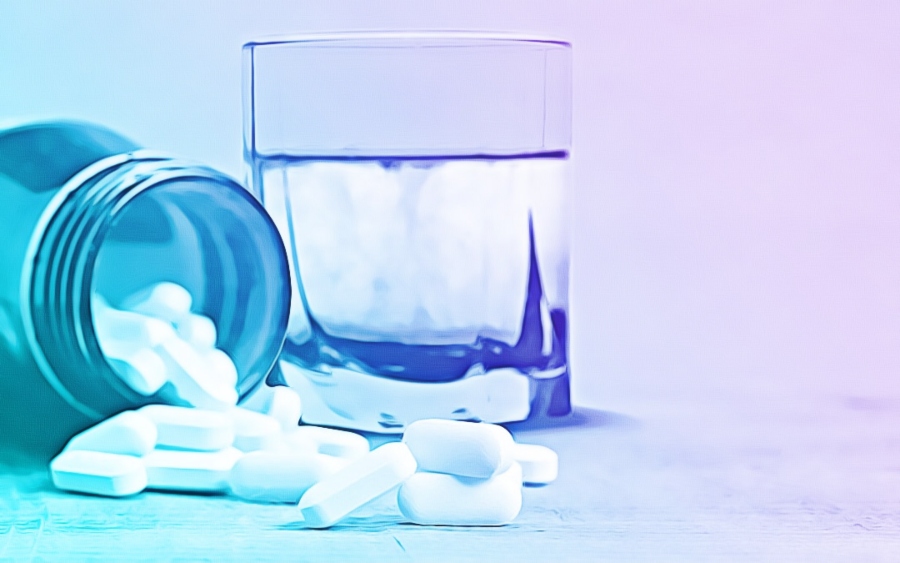Welcome, dear reader, to an enlightening journey through the world of metronidazole and its complex relationship with alcohol. Buckle up, because this isn’t your average health advisory—it’s a vibrant voyage into the realms of medicine and mixology, with a touch of humor to keep things interesting.
The Dynamic Duo: Metronidazole Meets Alcohol
Imagine this: metronidazole, a mighty antibiotic hailed for its valiant fight against bacterial villains, standing at one end of the ring. At the other end? Alcohol, the life of the party, a staple in celebrations, and for some, a faithful companion on quiet nights. When these two meet, however, the encounter is less of a handshake and more of a clash of titans.
What Happens When They Tango?
Metronidazole and alcohol, when mixed, can lead to a spectacularly unpleasant reaction known as the ‘disulfiram-like reaction’. Picture this: nausea, vomiting, flushing of the skin, a rapid heartbeat, and even headaches. Essentially, it’s as if your body becomes a rebellious teenager, saying, “If you put these two together, I’m going to make you regret it.”
But why does this happen? When metronidazole is on board, your body’s ability to break down alcohol gets compromised. Alcohol breaks down into various chemicals, one of which is acetaldehyde. Normally, acetaldehyde is quickly converted into less harmful substances, but metronidazole puts a stop to that, leading to a buildup of acetaldehyde, and voilà, you feel terrible.

A Deeper Dive: The Science Behind the Scenes
For those craving a bit more scientific insight, metronidazole inhibits an enzyme called aldehyde dehydrogenase (ALDH). This inhibition is what causes the buildup of acetaldehyde. It’s a fascinating biochemical ballet, and for more in-depth information, a visit to the NIH can provide a plethora of knowledge on the subject.
So, Should You Mix Metronidazole and Alcohol?
In a word: No. It’s like inviting a bull into a china shop and expecting no breakages. Although the temptation to indulge may be strong, especially during a long course of metronidazole, it’s wise to refrain from alcohol until at least 48 hours after finishing your treatment. This allows your body to clear the drug completely, minimizing the risk of any adverse reactions.
The Bottom Line: Your Health is the Ultimate Party
In the grand scheme of things, taking a break from alcohol while on metronidazole is a small price to pay for your well-being. Consider it a brief hiatus, a short intermission in the lifelong party that is your health. And remember, if you or a loved one finds the dance between substances like these overwhelming, reaching out to organizations like American Drug Rehabs can offer the support and guidance needed to navigate these complex interactions.
Embrace the journey of understanding the intricacies of metronidazole and alcohol, and make informed choices that prioritize your health and happiness. After all, the best parties are those where everyone leaves feeling good.
Source: https://www.ncbi.nlm.nih.gov/pmc/articles/PMC7038249/

